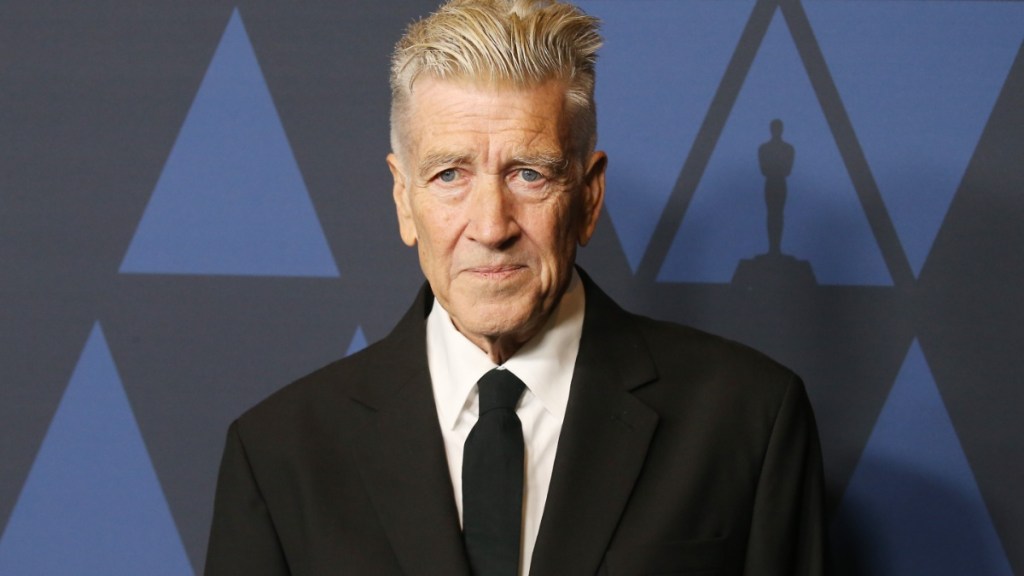David Lynch’s passing has left the world mourning the loss of a visionary filmmaker and artist. Renowned for groundbreaking works like Twin Peaks, Blue Velvet, and Mulholland Drive, Lynch redefined storytelling in cinema and television.
Here’s a closer look at David Lynch’s remarkable career and the lasting impact of his unique artistic legacy.
David Lynch dies at the age of 78
Acclaimed filmmaker David Lynch has died at the age of 78. His family confirmed the death on Facebook, citing no specific cause. In 2024, Lynch revealed he had emphysema, a condition attributed to his lifelong smoking habit, which curtailed his ability to work on sets (via Variety).
Lynch’s death marks the end of a career that reshaped modern cinema and television. His journey began with Eraserhead in 1977, a film that showcased his unique blend of surrealism, horror, and psychological depth.
The Elephant Man (1980) brought him mainstream success, earning eight Oscar nominations. Blue Velvet (1986) solidified his “Lynchian” style, contrasting idyllic imagery with dark, unsettling themes.
Throughout his career, Lynch expanded his influence beyond film. Twin Peaks, which aired in 1990, revolutionized television storytelling with its mysterious narrative and complex characters. His influence extended beyond film, including contributions to music, painting, and meditation advocacy through the David Lynch Foundation, which promoted transcendental meditation globally.
Lynch’s death has led to tributes from fans and colleagues, celebrating his achievements. He received an honorary Oscar in 2020 and other awards, including the Palme d’Or at Cannes and a Golden Lion. Works like Lost Highway (1997) and Inland Empire (2006) continue to inspire filmmakers worldwide.
Lynch is survived by his four children. The director’s passing marks the end of a visionary career, with his storytelling legacy remaining a significant part of cultural history.
Originally reported by Vritti Johar on ComingSoon.









